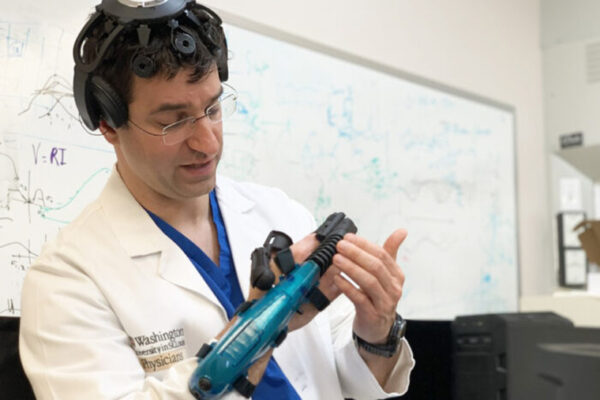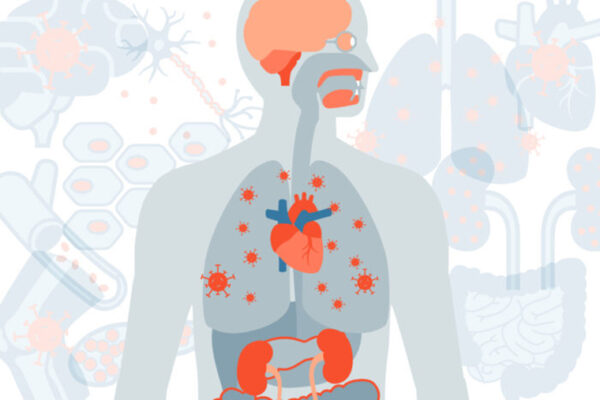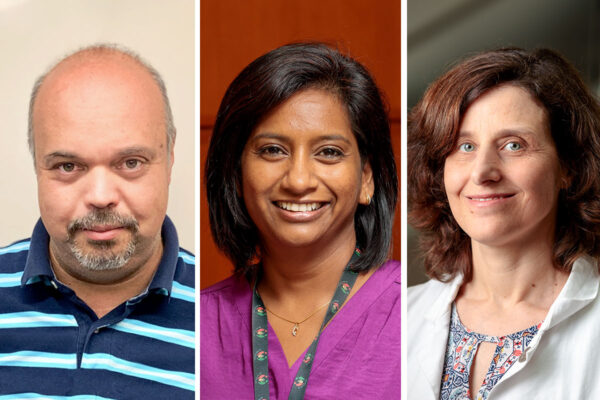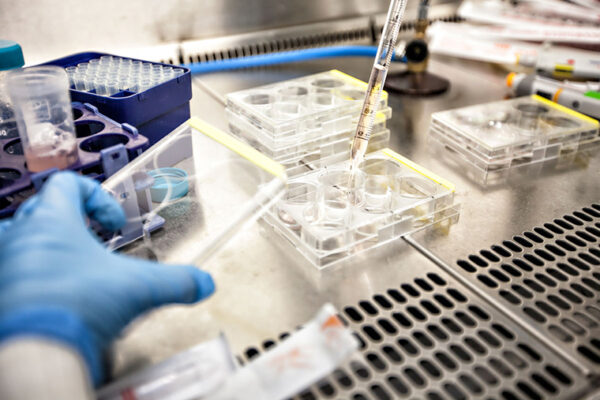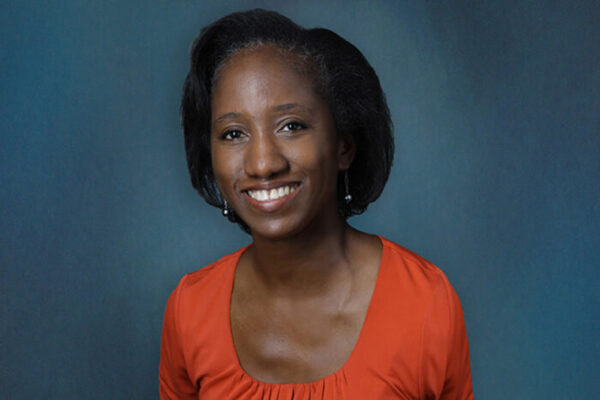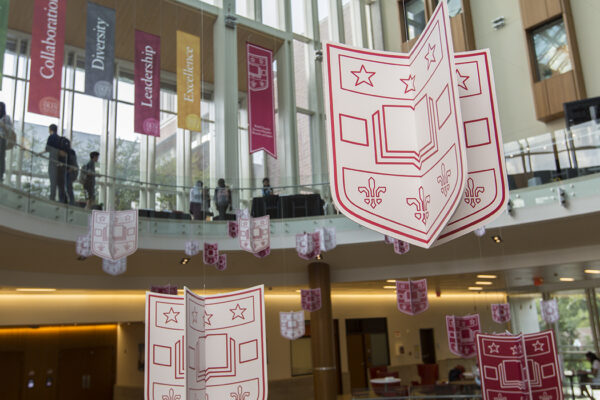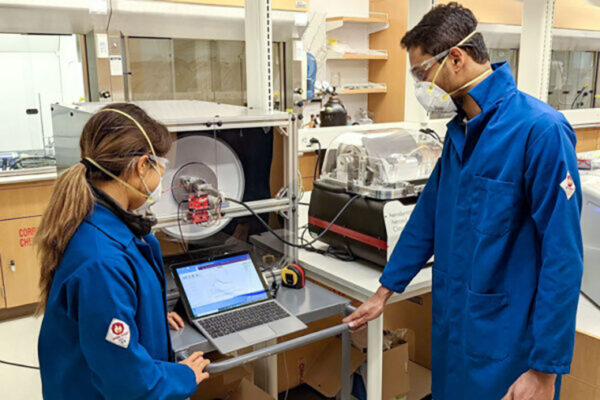Stroke-recovery device using brain-computer interface receives FDA market authorization
A first-of-its kind device that helps people disabled by stroke regain significant control over their arm and hand function by using their minds has received market authorization from the Food and Drug Administration. The system developed by Neurolutions Inc., a WashU startup, relied on innovative multidisciplinary research at the university.
Researchers to study impact of IBD meds on COVID vaccine
The School of Medicine received a $1.3 million grant from The Leona M. and Harry B. Helmsley Charitable Trust to support the work of Parakkal Deepak, MBBS, and Alfred H.J. Kim, MD, PhD. They will study antibody responses after vaccination against SARS-CoV-2 in patients with inflammatory bowel disease and other autoimmune diseases.
Anti-aging compound that improves metabolic health in mice improves muscle glucose metabolism in people
In the first clinical trial of nicotinamide mononucleotide (NMN), School of Medicine researchers have found that the compound previously demonstrated to counteract aspects of aging and improve metabolic health in mice also has clinically relevant effects in people.
Among COVID-19 survivors, an increased risk of death, serious illness
A new study from the School of Medicine shows that even mild cases of COVID-19 increase the risk of death in the six months following diagnosis. The comprehensive study also catalogues the wide-ranging and long-term health problems often triggered by the infection, even among those not hospitalized.
Feldman, Khader, Philips elected to American Academy of Microbiology
Three researchers at Washington University School of Medicine have been elected to the American Academy of Microbiology in recognition of their scientific achievements and original contributions that have advanced the field of microbiology.
Personalized cancer vaccines for breast, pancreatic cancers show promise
Researchers at Washington University School of Medicine have shown that personalized cancer vaccines made using DNA can program the immune system to attack malignant tumors, including breast and pancreatic cancers.
Njoku named director of pediatric anesthesiology division
Dolores B. Njoku, MD, a noted clinician, researcher and mentor, has been named director of pediatric anesthesiology at the School of Medicine and anesthesiologist-in-chief at St. Louis Children’s Hospital. She also will be the new Rudolph L. and Mary Frances Wise Endowed Chair in Pediatric Anesthesiology.
Olin-Brookings initiative to address opioid epidemic
The Bellwether Foundation Inc. has awarded Olin Business School and the Brookings Institution a $750,000 grant to improve the quality of life for people in St. Louis and across the country.
Washington University researchers to design detectors of airborne SARS-CoV-2
A team of researchers at Washington University is developing devices to detect the virus that causes COVID-19 in the air.
Women seeking help for unmet needs often overdue for cervical cancer screenings
Scientists at Washington University found in a study that a new, more involved approach is needed to get women who need help with basic resources to undergo screenings for cervical cancer.
Older Stories
